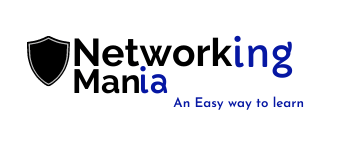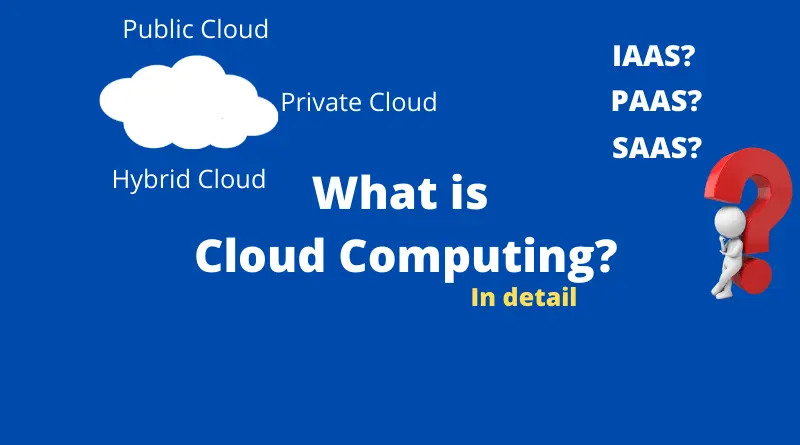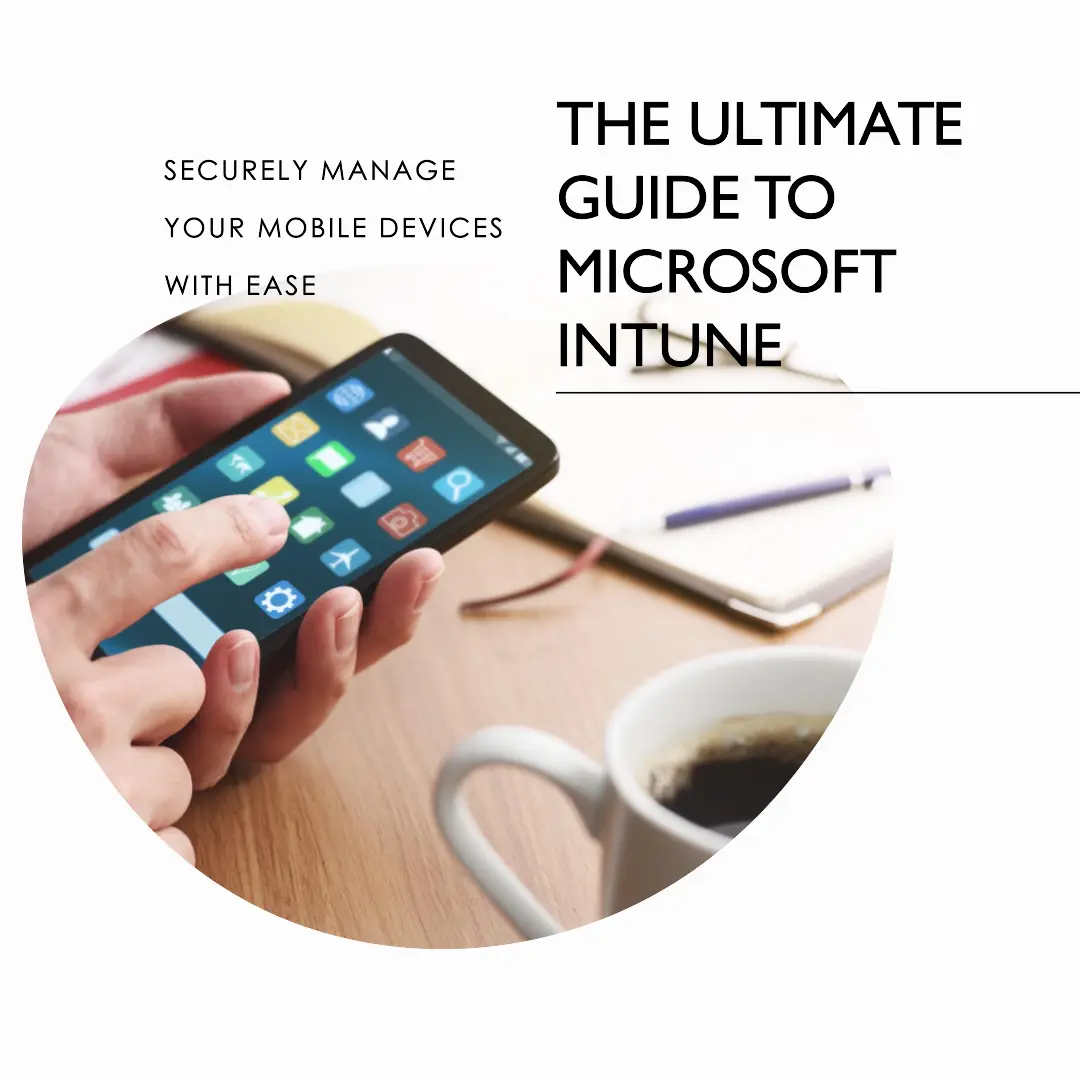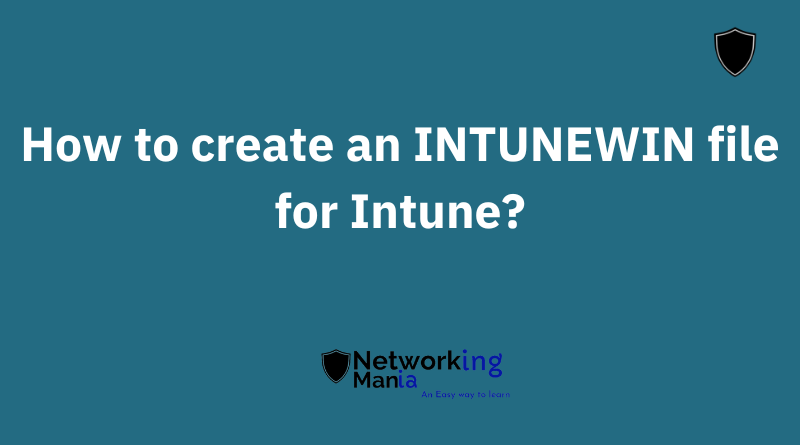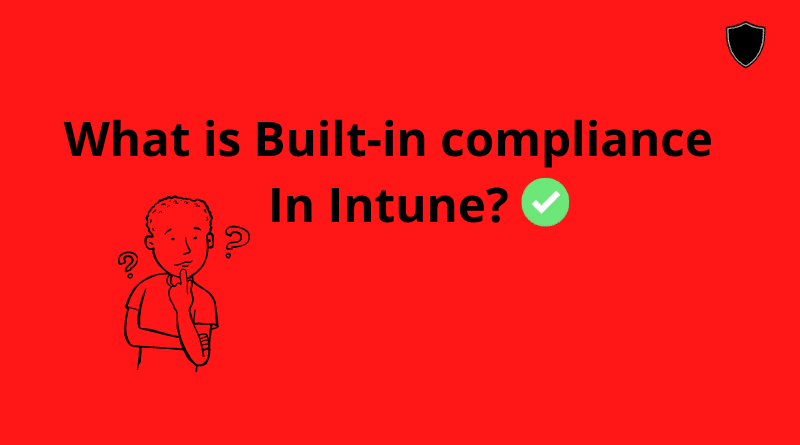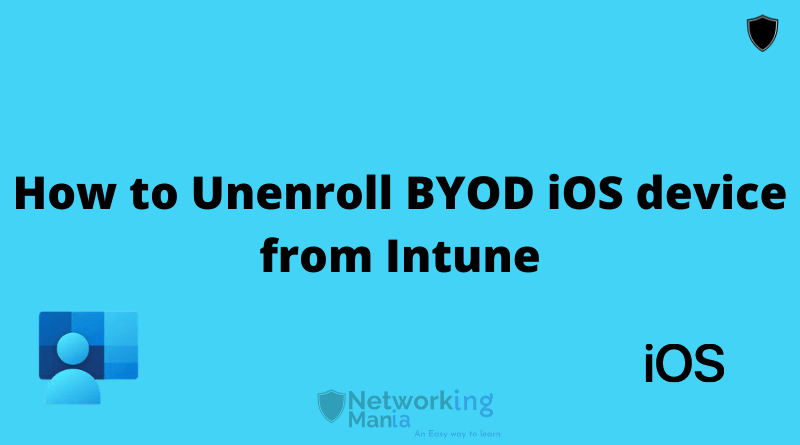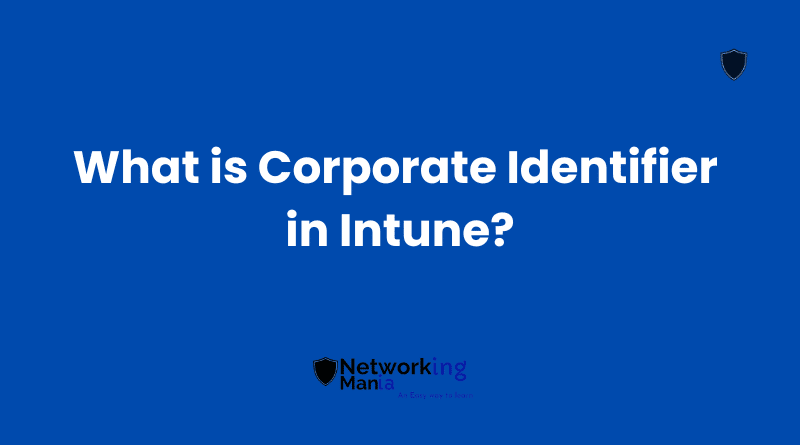Introduction To Cloud
Cloud Computing is the delivery of on-demand computing services such as Servers, Storage, Networking, Software analytics over the internet. The Cloud computing business model is based on a pay-as-you-go basis. This means you will be only paying for the services you are using by the cloud providers.
For example, John is opening a new company. Rather than buying physical servers and storage and buying a secure building to place that hardware. He can rent the servers, or other hardware components from cloud service providers according to his needs. This reduces the front cost of buying, managing, and maintaining the physical hardware.
The reason why it’s called cloud computing is because of its characteristics, which are as follows:
- On-Demand self-service
- Wider Network Access
- Rapid Elasticity
- Consumption-Based (Pay-as-you-go)
Types of Cloud Model
Cloud computing is mainly divided into three types:
- Public Cloud
- Private Cloud
- Hybrid Cloud
Public Cloud
In the public cloud, the service provider is responsible for managing, maintaining the infrastructure to provide the service you or your company needs. The services you will buy in the Public cloud will be in the On-premise data center of the cloud provider and you cannot manage or maintain anything because cloud service providers like AWS, Microsoft Azure will take care of it.
Private Cloud
On the other hand if you would like to take control over, manage and maintain the infrastructure then private cloud is the option for you. In the Private cloud, infrastructure is only shared with one customer/organization. Whereas in public cloud infrastructure is shared among other people. Including self-service, scalability, and elasticity, private cloud comes with more enhanced security.
In the private cloud, two service models can be deployed which are IAAS ( Infrastructure as a service) and PAAS (Platform as a service).
Hybrid Cloud
Hybrid cloud is a mixture of both public and private cloud or on-premise datacenter. Hybrid cloud allows companies to run services on their data centers or private cloud as well on public cloud. For example, if a company is managing all networking, storages on their on-premise datacenter but for emails rely on a cloud service provider such as Microsoft exchange online. Then this combination is known as the hybrid model which is most popular and demanding in enterprises nowadays.
Types of Cloud Services
We understand what a cloud is and its types. Now, let’s take a look at the types of services provided by cloud service providers. There are mainly three service models:
- IAAS (Infrastructure as a service)
- PAAS (Platform as a service)
- SAAS (Software as a service)
IAAS
Infrastructure As a Service is a type of cloud service that provides infrastructure such as servers, storage on-demand, or on a pay-as-you-go basis.
Why IAAS?
Because IAAS helps organizations to reduce the upfront cost of maintaining the on-premise data center including buying infrastructures such as servers, switches, routers, and storages. In this service cloud service providers will manage the hardware, while you have full control on the software side such as configuring and installing software, operating systems, and applications
PAAS
Platform as a service is beneficial for those organizations that are focused on building, testing, deploying, managing, and updating applications or websites. In PAAS organizations just have to manage applications and services that they will deploy and the rest (infrastructure) is handled by cloud service providers.
SAAS
Software As a Service is a service that provides service on an on-demand basis to end customers or organizations. In SAAS, everything is managed by cloud service providers.
SAAS allows an end-user to run the application over the internet such as office 365, Gmail, Google Docs, Salesforce, etc
